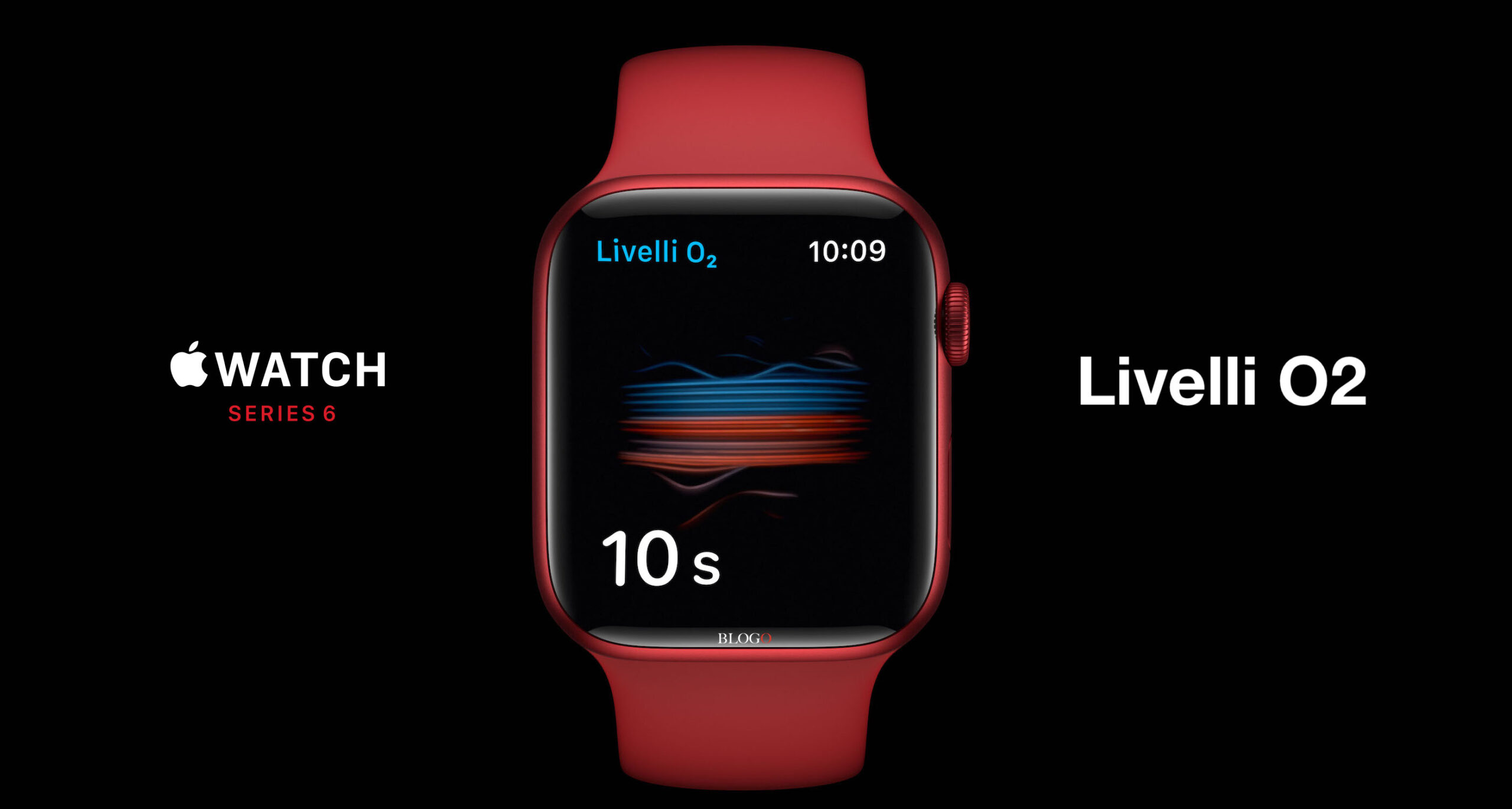The study’s goal is to research how Apple’s wearable device can “lead to better clinical outcomes for heart failure patients.”

The University Health Network has announced the launch of a new study that will aim to find out if remote monitoring with the Apple Watch can help with the early identification of worsening heart failure.
Cardiologist Heather Ross is partnering with Apple to compare data collected by the Apple Watch with data collected routinely from physical tests performed on heart failure patients. The study will determine whether the Apple Watch’s health sensors and features, including the Levels O₂ app and mobility metrics, can provide a clear signal of heart failure.
“We believe biometric data derived from Apple Watch can provide comparable, precise and accurate measurements of fitness, prognostic markers and early warning signals, compared to traditional diagnostics,” says Dr. Heather Ross, chief of cardiology, Peter Munk of UHN Cardiac Center, Scientific Lead, Ted Rogers Center for Heart Research and lead researcher of this study. By combining this new technology with expertise in biomedical science and leveraging the current Peter Munk Digital Cardiovascular Health Platform for UHN’s 8,000 heart failure patients, it should offer patients and clinicians an exciting new opportunity to obtain more accurate assessments of heart health.
Patients at the Peter Munk Cardiac Center will be asked to participate in a three-month active monitoring study, with each patient using an iPhone and an Apple Watch Series 6.
The Apple Watch has been the subject of multiple heart studies in the past, including a study conducted by Apple in collaboration with Stanford Medicine to determine whether the smartwatch can detect atrial fibrillation.
The study determined that the Apple Watch can actually detect irregular heart rhythms, and the device has a built-in feature that allows it to alert users when an abnormal heart rhythm is detected. Other Apple Watch-related studies are ongoing, focusing on asthma, heart failure, early detection of COVID-19, and cognitive decline.



Recent Comments